
As the world celebrates World Environment Day, it’s important to reflect on the role of the real estate industry in creating a sustainable and eco-friendly future. With the rising concern for environmental conservation and the need to reduce our carbon footprint plus tackle climate change, the demand for sustainable real estate has never been higher than now. Here are some emerging trends and practices in the real estate sector that promote sustainability and contribute to a greener world.
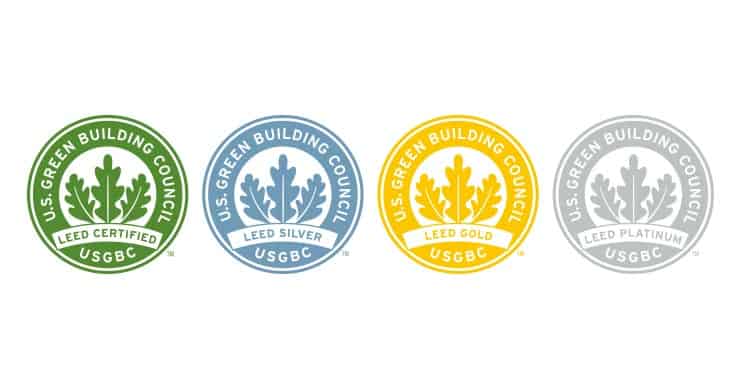
Source: LEED
Green Building Certification
One of the most prominent trends in sustainable real estate is the adoption of green building certification programs such as LEED (Leadership in Energy and Environmental Design) and BREEAM (Building Research Establishment Environmental Assessment Method). These certifications evaluate buildings based on various criteria, including energy efficiency, water conservation, waste management, indoor air quality, and use of sustainable materials. Investing in green-certified properties not only helps reduce environmental impact but also enhances property value and attracts environmentally-conscious buyers. When considering buying from a developer, it is recommended to check whether the developer has a portfolio of LEED certified buildings or not.
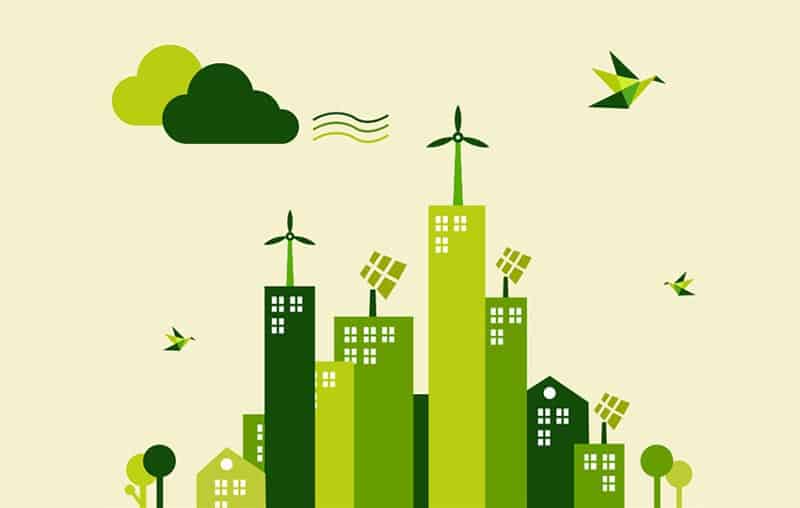
Source: Institute of Entrepreneurship Development
Energy Efficiency
Energy-efficient design and technologies are crucial in sustainable real estate. Builders and developers are incorporating energy-saving features such as solar panels, energy-efficient appliances, LED lighting, and smart home systems. These innovations not only reduce energy consumption but also lower utility costs for residents. The integration of renewable energy sources and efficient insulation techniques further contribute to sustainable energy use.
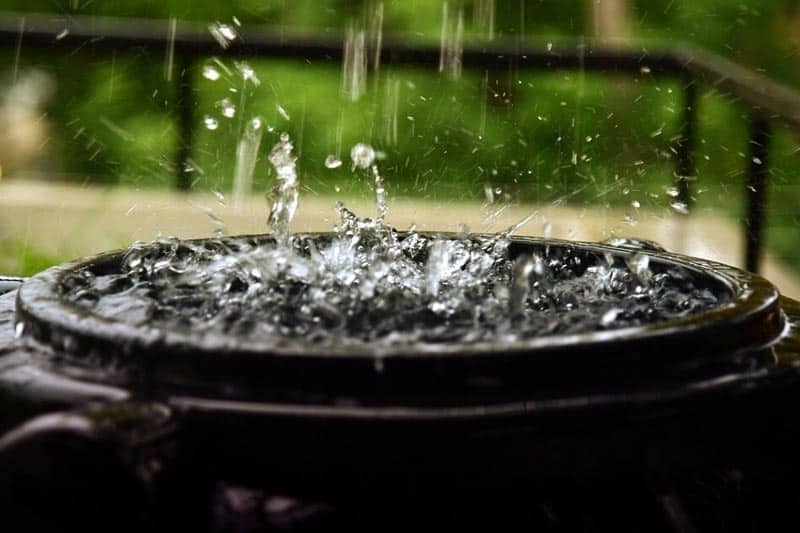
Source: Thermohouse
Water Conservation
Water scarcity is a growing concern globally. The recent heat waves, flash floods, and multiple cyclones ravaging the nation continue to warn us about how important it is to conserve water. Sustainable real estate focuses on water conservation through the implementation of various practices. Low-flow fixtures, rainwater harvesting systems, greywater recycling, and drought-tolerant landscaping are becoming increasingly common in eco-friendly developments. These measures help reduce water consumption and alleviate the pressure on water resources, ensuring a more sustainable approach to water management.
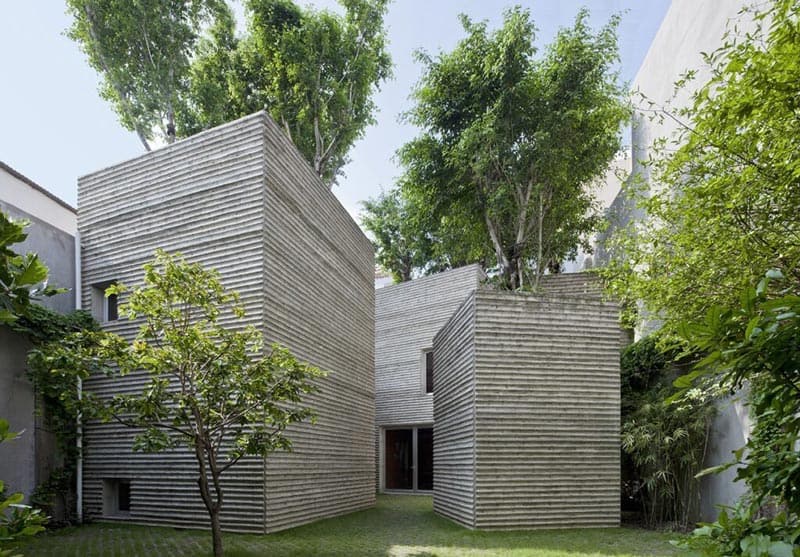
Source: The Architectural Review
Sustainable Building Materials and Construction Techniques
The choice of construction materials plays a significant role in sustainable real estate. Builders are opting for eco-friendly materials such as concrete hollow blocks, recycled wood, bamboo, reclaimed materials, non-toxic paints and finishes. Additionally, sustainable construction techniques like modular construction, which reduces waste and energy consumption, are gaining popularity. By using sustainable materials and construction practices, real estate projects can minimize their ecological impact and contribute to a healthier environment.
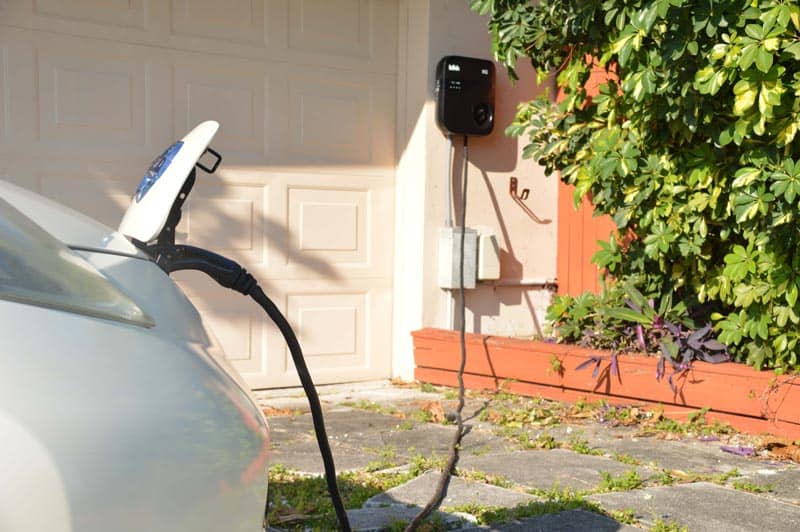
Source: Neocharge
Smart and Green Infrastructure
The integration of smart technologies in real estate developments is in full swing now. We now have advanced systems for energy management, lighting control, HVAC optimization, and occupancy sensing. AI integrated into property management systems enables real-time monitoring and efficient resource utilization, reducing energy waste and enhancing overall sustainability. However, Bangladesh is still behind in terms of including electric vehicle charging stations and bike-friendly amenities, both of which promote greener transportation options.
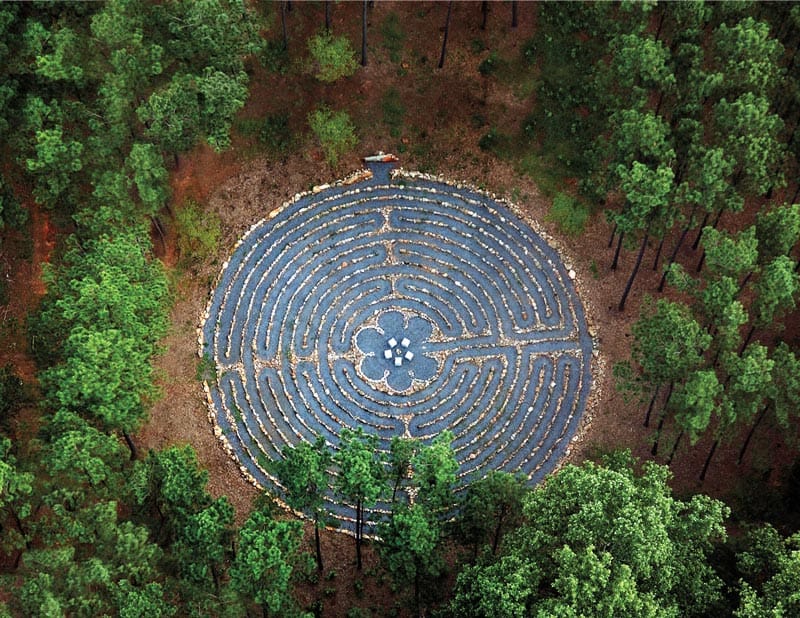
Source: Luxe Interiors + Design
As the world faces the challenges of climate change and environmental degradation, the real estate industry has a crucial role to play in fostering sustainability. The adoption of sustainable and eco-friendly practices is not only an ethical responsibility but also a wise business decision. With the growing demand for greener properties, developers and investors who prioritize sustainability are well-positioned for success. By embracing green building certifications, energy efficiency, water conservation, sustainable materials, and smart technologies, the real estate sector can pave the way for a more sustainable and eco-friendly future. Let us celebrate World Environment Day by recognizing the importance of sustainable real estate trends in building a greener and more sustainable world for generations to come.